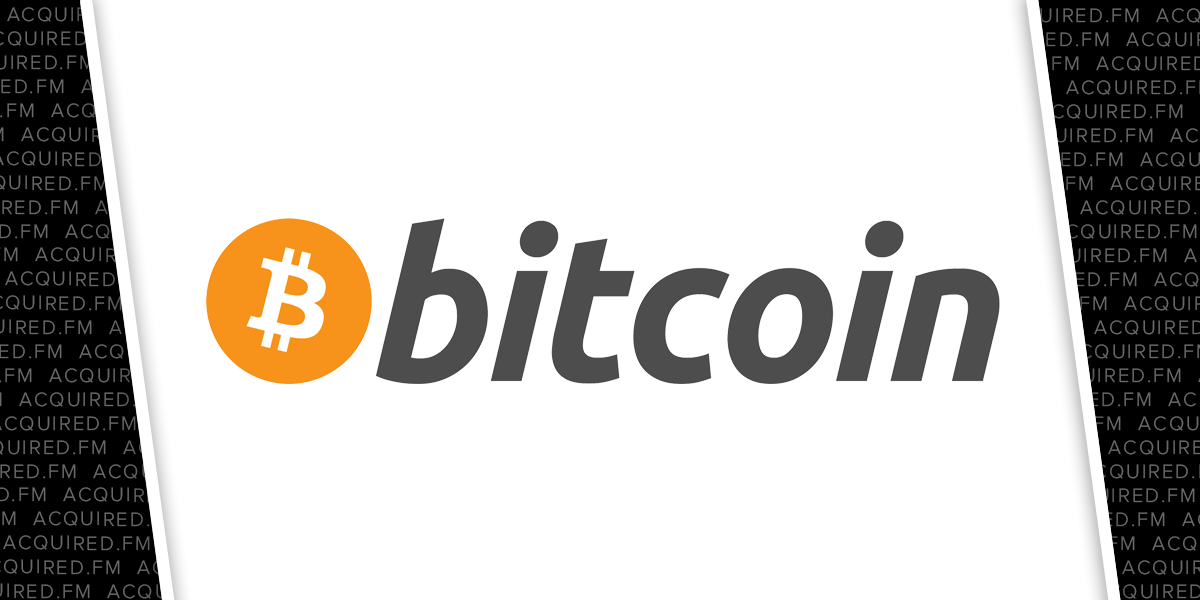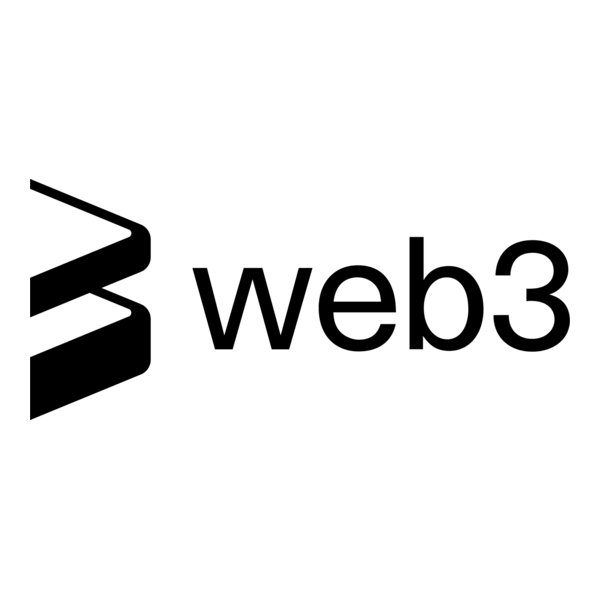Key Takeaways
- Smart contracts are self-executing blockchain programs that remove the need for intermediaries.
- In 2025, industries from finance to logistics are using them for faster, transparent automation.
- Understanding smart contracts is key to navigating the next phase of decentralized innovation.
The Rise of Smart Contracts in 2025
In 2025, smart contracts are more than just a buzzword—they’ve become a cornerstone of blockchain innovation. As global industries accelerate their digital transformation, these automated agreements are quietly reshaping how business is done.
From financial transactions to supply chain verification, smart contracts are enabling a new level of efficiency, trust, and transparency. They are a defining feature of Web3, where code replaces middlemen and agreements execute themselves.
But what exactly is a smart contract, and why is it changing how the world interacts with digital assets and real-world processes?
Understanding What a Smart Contract Is
A smart contract is a self-executing program stored on a blockchain. It automatically enforces the terms of an agreement once predefined conditions are met—no lawyers, banks, or brokers required.
Think of it as a vending machine for transactions: you insert the right input (for example, cryptocurrency), and the programmed outcome (like a token transfer or asset release) happens automatically.
This concept was first proposed in the 1990s by computer scientist Nick Szabo, but it wasn’t until Ethereum launched in 2015 that smart contracts became widely used. In 2025, they now underpin thousands of decentralized applications (dApps) across DeFi, gaming, real estate, and logistics.
Also read : How to Launch a Token on Ethereum
How Smart Contracts Work
Smart contracts operate using “if-then” logic encoded on a blockchain. When a condition is fulfilled, the contract automatically executes the corresponding action.
For example:
- In DeFi: A lending contract releases collateral once a loan is repaid.
- In NFTs: A creator automatically receives royalties when their artwork is resold.
- In logistics: A shipment payment is released only when blockchain data confirms delivery.
Because the blockchain is immutable and transparent, smart contracts eliminate disputes and reduce the risk of fraud. Every step is visible, verifiable, and tamper-proof.
Why Smart Contracts Matter in 2025
The utility of smart contracts has expanded far beyond crypto trading. In 2025, they are central to how businesses and governments manage digital processes.
1. Decentralized Finance (DeFi)
DeFi protocols like Aave, Uniswap, and MakerDAO run entirely on smart contracts. They automate lending, borrowing, and trading without banks, offering global access to financial tools.
2. Real-World Assets and Tokenization
Smart contracts now facilitate the tokenization of real estate, commodities, and securities—allowing partial ownership and instant settlement. This opens investment opportunities to a wider audience.
3. Supply Chain and Logistics
Companies use blockchain-based contracts to track goods in real time. Payments and ownership transfers trigger automatically once goods reach verified checkpoints.
4. Legal and Governance Automation
Smart contracts are increasingly used in DAOs (Decentralized Autonomous Organizations)—blockchain-based governance systems where voting, fund distribution, and project execution happen through code.
5. Insurance and Healthcare
Automated claims processing and data validation are reducing fraud and inefficiency in industries long plagued by bureaucracy.
Advantages of Smart Contracts
Smart contracts bring several clear benefits that explain their widespread adoption in 2025:
- Transparency: All participants can view contract terms on the blockchain.
- Security: Blockchain encryption makes tampering almost impossible.
- Speed: Automated execution eliminates delays caused by intermediaries.
- Cost-efficiency: Reduces administrative and legal expenses.
- Trustlessness: Transactions are governed by code, not by third-party authority.
These advantages are pushing more institutions to integrate smart contracts into their digital frameworks—especially as traditional financial systems struggle with efficiency and transparency.
The Challenges: Not All Code Is Perfect
Despite their promise, smart contracts are not without risk. Bugs, design flaws, or malicious code can lead to major financial losses—something the crypto community has learned the hard way.
Notable exploits in DeFi protocols have cost investors hundreds of millions of dollars. That’s why auditing and formal verification are now essential steps before deploying contracts.
Another limitation is regulatory uncertainty. While many countries are recognizing smart contracts as legally binding, others still lack clear frameworks, creating challenges for cross-border transactions.
Scalability and interoperability are also ongoing concerns. Projects like Chainlink, Polkadot, and Layer-2 Ethereum solutions are tackling these issues by enabling faster, more secure, and cross-chain contract execution.
Smart Contracts and AI: The Future of Automation
In 2025 and heading into 2026, the next big leap for smart contracts is AI integration. Combining machine learning with blockchain automation allows contracts to make more context-aware decisions—such as adjusting loan terms based on market data or automatically allocating DAO funds based on performance metrics.
This fusion of AI + blockchain could power the next generation of decentralized apps, making digital contracts more dynamic, adaptive, and intelligent.
Governments and enterprises are also exploring “smart legal agreements”—hybrid contracts that merge human-readable legal text with executable blockchain code. This trend could bring the best of both worlds: legal enforceability and technical precision.
The Global Impact
By 2025, the influence of smart contracts extends well beyond crypto. They’re being used to streamline public procurement in Africa, energy trading in Europe, and identity verification across Asia.
As digital economies mature, these self-executing agreements are proving to be the trust engine behind global commerce. The more industries adopt blockchain, the more relevant smart contracts become—not just as a technological tool but as a new model of governance.
Conclusion: Code as the New Contract
So, what is a smart contract? It’s more than just a piece of code—it’s a new way of establishing trust in a digital-first world. In 2025, smart contracts are redefining how agreements are made, how assets are exchanged, and how innovation unfolds.
As we move toward 2026, they will continue to bridge the gap between automation and accountability, creating a future where code enforces fairness, efficiency, and transparency.
Whether you’re an investor, developer, or policymaker, understanding smart contracts isn’t optional anymore—it’s essential to staying ahead in the blockchain revolution.




